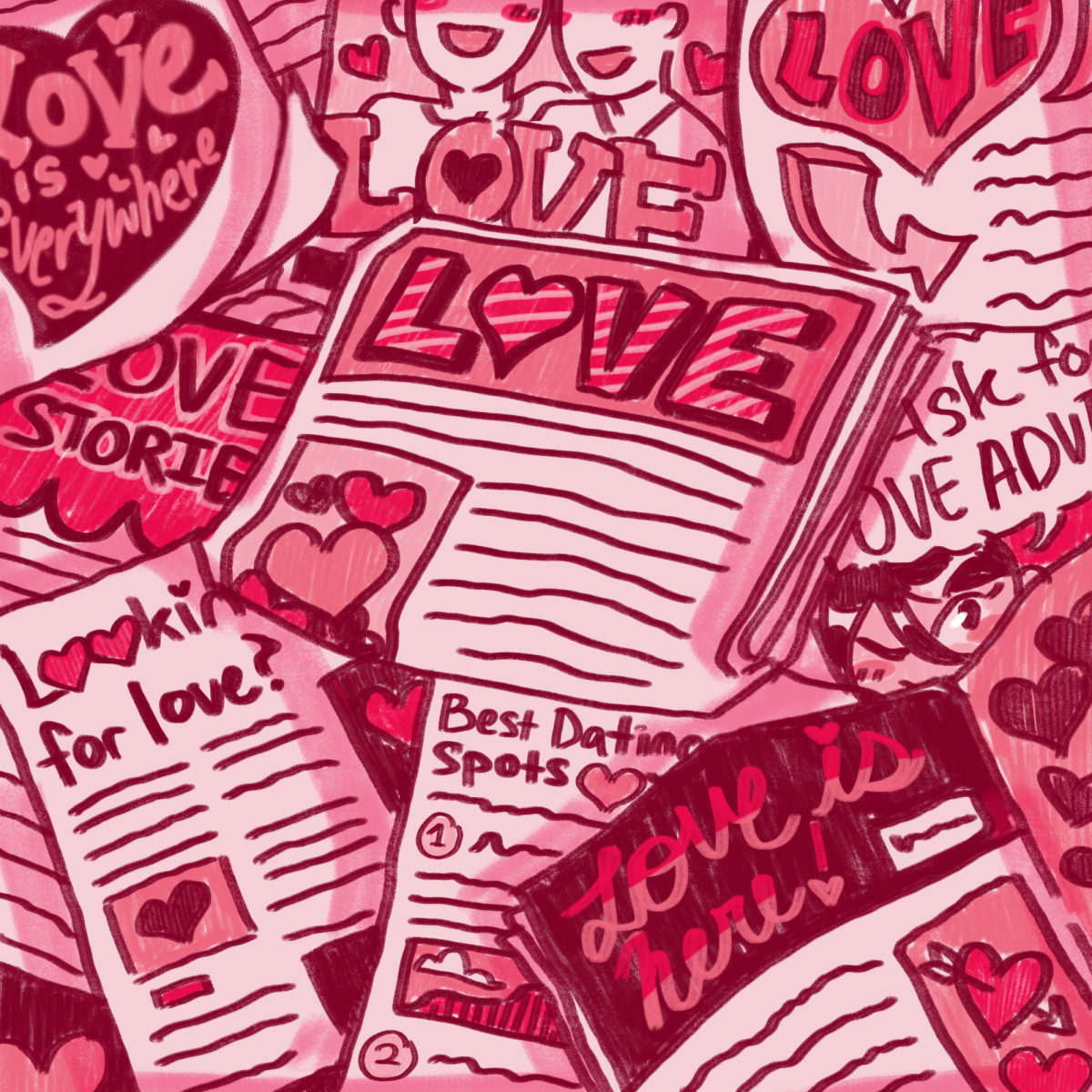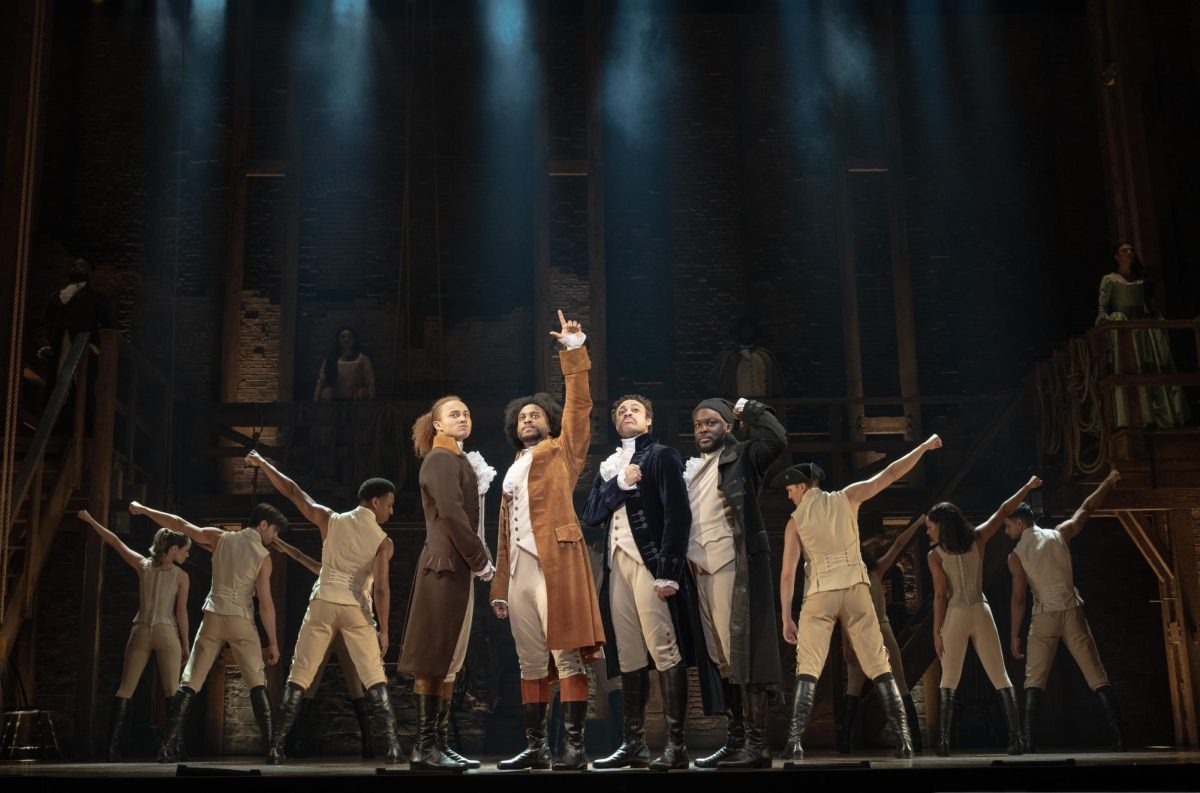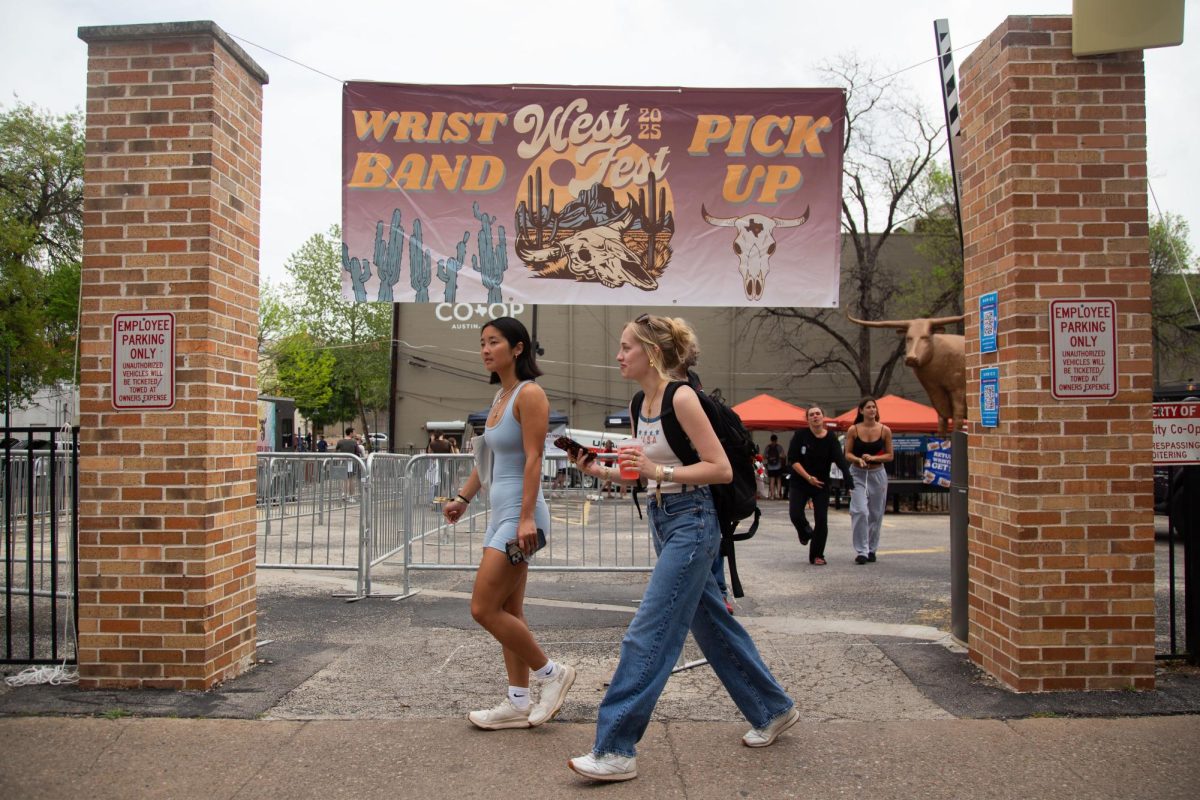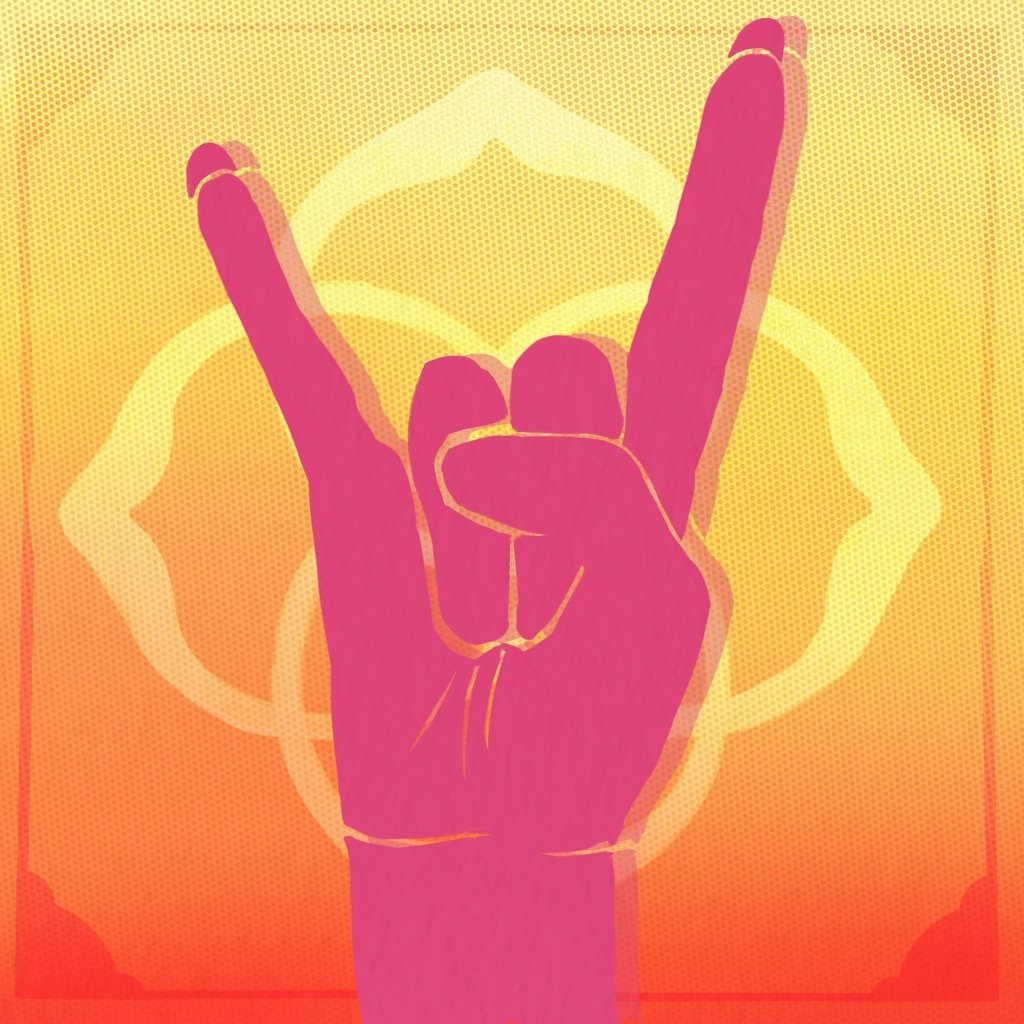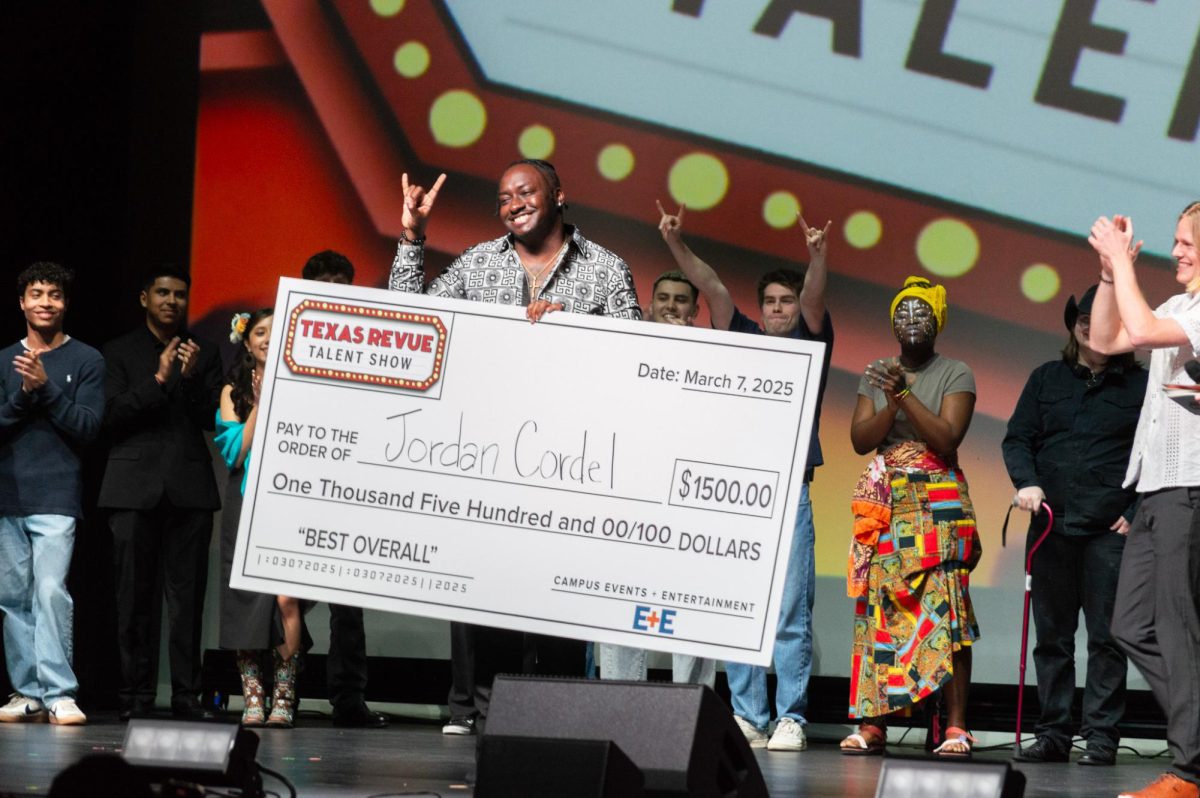As heart-shaped chocolate boxes and pink and red balloons fill up stores, Valentine’s Day makes its annual appearance. Celebrated every Feb. 14, the holiday serves as a day to honor love, particularly with significant others. The Daily Texan compiled a list of personal essays and articles about love, relationships and everything in between.
When Cupid Is a Prying Journalist
When Deborah Copaken, American author and photojournalist, asks Justin McLeod, the founder of dating app Hinge, if he’s ever been in love, he answers “Yes, but I didn’t realize until it was too late.” The narrative unfolds from there as Copaken tells McLeod the story of the boy she met before her husband — a story of missed meetings, coincidences and reunification. Ultimately, the story inspires McLeod to retry for the love he lost and ensures readers that love possesses no time limit.
The science and mystery of love
This article by Vox science and health editor Brian Resnick seeks to answer the question: do people go into relationships knowing what they want? Via interviews with matchmakers and psychologists, Resnick explores the question through varying perspectives and research findings. The article provides readers with two theories: Theory 1: “Scientists can crack the code of love if they look hard enough,” which includes the idea that people have “mental software that guide (them) to a match.” And Theory 2: “Actually, love is chaos,” which states that compatibility lacks explanation.
Dolly Alderton’s Lessons In Love
In this piece, British journalist and author Dolly Alderton provides readers with an introspective view of the difference between the desire for romance and the reality of having a partner. Alderton reevaluates her preexisting belief that a romantic partnership acts as a “magical secret door into a whole other world” that guarantees happiness. She realizes the importance of falling in love with a person opposed to the idea of romance and concludes by accepting that she can go solo this Valentine’s Day.
Melissa Kirsch, American author and writer at The New York Times, opens this article by reminiscing on the democratic nature of gifting every classmate a Valentine’s card in grade school. She compares it to how commercialized and selective Valentine’s Day becomes after a person graduates grade school. To combat this, Kirsch says the act of expressing fondness towards others — whether one sends a “thinking about you” text to a friend or mails a postcard — should become common practice regardless of the occasion.

